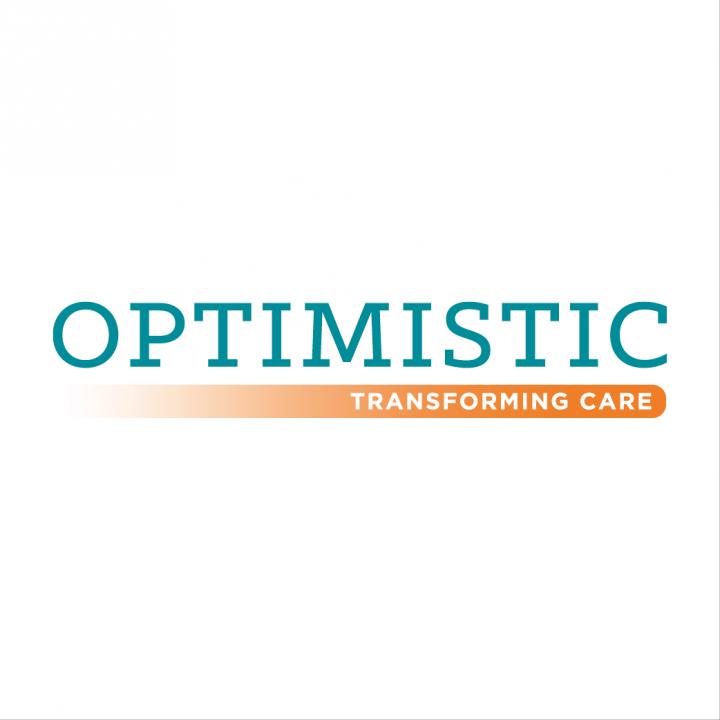
Credit: Indiana University Center for Aging Research
INDIANAPOLIS — The goal of advance care planning is to ensure that the health care an individual receives is consistent with his or her values and preferences. New research shows the critical need for advance care planning and highlights the challenges that healthcare institutions — especially nursing homes — face in supporting high quality advance care planning.
The analysis of advance care planning in nursing homes was conducted as part of the OPTIMISTIC project, an initiative developed and implemented at a growing number of nursing homes by a team of clinician-researchers from Indiana University Schools of Nursing and Medicine and the Regenstrief Institute.
The aim of OPTIMISTIC — an acronym for Optimizing Patient Transfers, Impacting Medical quality and Improving Symptoms: Transforming Institutional Care — is to improve care and communication within nursing facilities and between these facilities and acute-care institutions. The goal is to catch and solve problems early, improving quality of care and reducing unnecessary hospital transfers.
"An Interim Analysis of an Advance Care Planning Intervention in the Nursing Home Setting" is available online ahead of print publication in the Journal of the American Geriatrics Society. The goal of the study was to describe the implementation of advance care planning in nursing homes. The study emphasizes the importance of resident preferences when trying to reduce avoidable hospitalizations of nursing home residents.
The researchers reported on the formal advance care planning conversations facilitated by specially trained nurses with residents and family members in the 19 nursing homes participating in the initial phase of OPTIMISTIC. These conversations resulted in changes in care plans about two-thirds of the time.
When asked, many nursing home residents (or family members of those unable to make decisions for themselves) preferred less aggressive treatment than the default of providing all available treatments to the often frail and chronically ill residents.
Significantly, almost half of those residents or family members who participated in advance care planning as a part of the OPTIMISTIC study elected only comfort care rather than potentially life extending measures like going to the intensive care unit.
Only six percent of nursing home residents who were asked to participate in an advance care conversation declined to do so.
"Implementation of advance care planning in the nursing home setting has not been well studied," said JAGS study first author Susan Hickman, PhD, professor at IU School of Nursing and an IU Center for Aging Research affiliated scientist. "Supporting high quality advance care planning takes significant time and resources such as staff training, policy changes, and education. Encouragingly, we found that most residents and family members want to talk about treatment preferences and that these conversations often result in changes in our understanding of resident's goals." Dr. Hickman is a geriatric psychologist.
During the study the average length of advance care planning conversations was approximately 40 minutes. Many residents had more than one conversation on the topic.
The Centers for Disease Control and Prevention recommends that advance care planning be part of the self-management approach to living with multiple chronic diseases, typical of many older adults. The Institute of Medicine has identified advance care planning as a key strategy to improving care of patients near the end of life.
"Advance care planning and learning the goals of care from patients and families is the cornerstone for providing excellent palliative care to people with serious illnesses, including frail residents of nursing homes, many of whom have advanced dementia," said Greg Sachs, MD, senior author of the JAGS study. "If a patient and family want to aim at remaining comfortable in the nursing facility and forgoing a burdensome transfer and non-beneficial treatments in the hospital, we need to know that so that their care matches these goals.
"This is why Medicare now pays physicians to hold advance care planning conversations, and why we are continuing to strengthen our advance care planning intervention in OPTIMISTIC and have added a palliative care nurse to support advance care planning implementation and symptom management to the program for phase II." Dr. Sachs is a Regenstrief Institute investigator, and professor of medicine and director of the Division of General Internal Medicine and Geriatrics at IU School of Medicine. He co-directed Phase I of OPTIMISTIC.
In addition to Dr. Hickman and Dr. Sachs, co-authors of the JAGS study are Kathleen Unroe, MD, MHA of the IU Center for Aging Research, the Regenstrief Institute and IU School of Medicine; Bryce Buente, formerly of the IU Center for Aging Research and the Regenstrief Institute; Mary Ersek, PhD, of the University of Pennsylvania School of Nursing and Arif Nazir, MD, formerly with IU School of Medicine and now with Signature HealthCARE.
OPTIMISTIC is expected to receive more than $30 million of Centers for Medicare and Medicaid Services funding through The Initiative to Reduce Avoidable Hospitalizations among Nursing Facility Residents. This includes $16.9 million awarded earlier this year for the second phase of OPTIMISTIC, led by Dr. Unroe.
###
Media Contact
Cindy Fox Aisen
[email protected]
317-843-2275
@IndianaResearch
http://newsinfo.iu.edu




